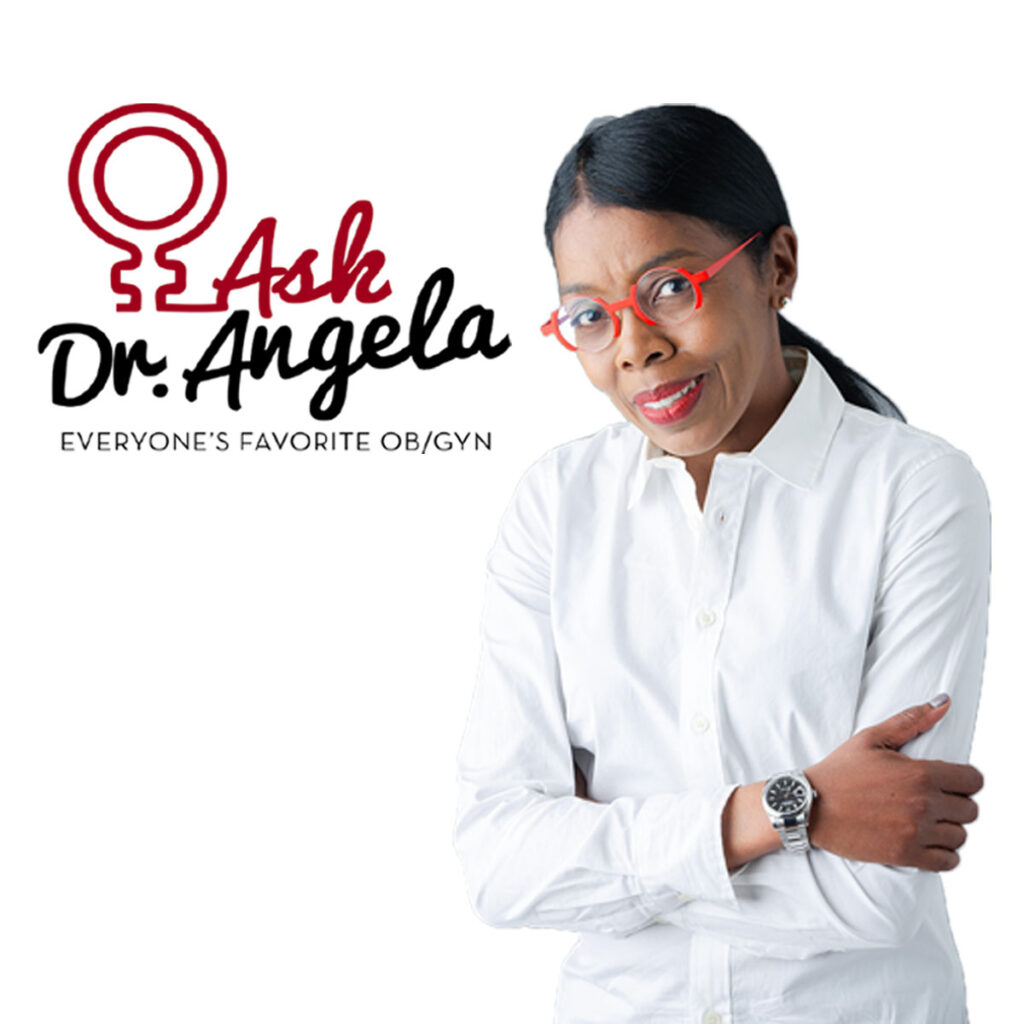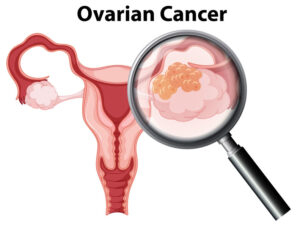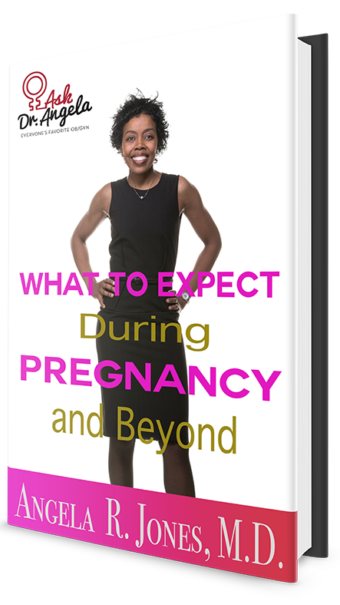Having recently done a segment on Let’s Talk America radio with my friend, and host, Shana Thornton, it seemed only natural to dedicate a post to cervical cancer. Especially since we hadn’t done anything all January.
With the screening offered in the United States, pap smear anyone(?), as well as the HPV vaccine whose impact in combatting this disease has definitely been felt, not to mention the fact that I just recently diagnosed a case of Cervical Cancer, I couldn’t NOT write about it.
Here are my Top 5 Things you need to know about Cervical Cancer:
- True to form. In ALL the cases of cervical cancer I’ve EVER diagnosed; the one thing they all had in common was either they had never had a pap smear, OR they hadn’t had a pap smear in a REALLY long time. As supported by the literature, most cases of cervical cancer occur in women who either have never had pap smear screening or were inadequately screened(see guidelines below).
- The incidence of cervical cancer in the good ole U.S. of A has decreased > 50% due to screening. Can we say pap smear! Talk about screening that makes an impact!
Here’s what you need to know about the pap smear: Pap smear screening starts at the age of 21. Why? Because less than 0.1% of cervical cancer occurs in folks <20 years of age(1). Also, most young people are young and healthy. The majority of the time, the immune system is strong enough to clear the body of HPV over the course of 1-2 years; hence, the rationale behind NOT implementing oft times over excessive treatments such as colposcopies, biopsies, etc, which are NOT without consequences; i.e., preterm labor, cervical incompetence, to name a few.
- Pap smear screening guidelines:
- <21: no screening recommended; however, in this age group, if there is sexual activity, we do screen for gonorrhea and chlamydia
- 21-29: pap smear screening alone. This can occur every 3 years. HPV testing, or co-testing, is NOT done in this group due to the fact that there is a high prevalence of infection with high risk HPV in this age group. These infections are primarily transient and rarely result in a diagnosis of cervical cancer. Another instance of less being more(see above).
- 30-65: two options exist here. One can either do pap smear screening alone every 3 years, OR, a pap smear with co-testing(HPV testing included), every 5 years.
- >65: with no significant pap smear history, one could theoretically choose to forgo further pap smear screening at this point. And just what defines no “significant” pap smear history? This is defined as no history of cervical cancer or cervical dysplasia requiring intervention. Having met this criteria, if one has 3 negative pap smears(cytology alone, noted to be done every 3 years(see above)), OR, 2 consecutive negative co tests(both pap smear screening and HPV testing done every 5 years), the most recent being within 5 years, THEN, one could forego further pap smear testing. Having said this, with how active the senior community has become in recent years; i.e., the development of senior communities, folks being sexually active longer, and leading more VIBRANT social lives, I’d keep in mind that the aforementioned are merely guidelines and should be tailored to each individual.
- History of Hysterectomy: if the cervix was removed and the hysterectomy was done for benign reasons(for ex: uterine fibroids, endometriosis, etc), and there is NO history of cervical dysplasia/cervical cancer requiring treatment over the past 20 years, pap smears can be for-gone.
- Human Papilloma Virus(HPV). Persistent vs. Transient. High risk vs. Low Risk. We only care about high risk hpv types. Specifically 16/18 as type 16 is associated with 60% of cervical cancers and 18 is associated with roughly 15% of cervical cancers. Most high risk hpv types are transient and pose little risk of progression to cancer. Persistent hpv, if present up to 2 years after the initial diagnosis, is strongly predictive of subsequent development into cervical cancer.
- HPV Vaccine. ACOG, the American College of Obstetrics and Gynecologists recommends administering the vaccine to women ages 9-26. The best candidates for this vaccination are those who have had NO EXPOSURE to HPV; i.e., are not yet sexually active. Bivalent, quadrivalent, or more recently the 9-valent vaccine; JUST GET ONE! When my mini is old enough to get it; she will.
Get in where you fit in. Pap smears are a screening test. The guidelines noted above are JUST that; guidelines. YOU are responsible for your health. The above are helpful tidbits to help guide you along your health journey. What is for some may not be for others. Remember, medicine is more of an art, and NOT an unchanging science. Know the recommendations and what is available to you so that you and your clinician can best tailor your care to fit your needs.
Hoping this blog post has enlightened you!
Until next time,
Look Better. Feel Better. Be Better.
Dr. Angela
The above blog post directly references ACOG Bulletin 168, October 2016












